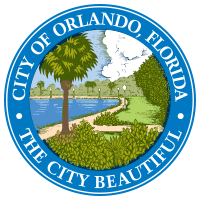Yes, the phrase is grammatically correct. It is an example of anastrophe, as @Jon Purdy stated.
Here is an example which would negate the conjecture that using the adjective after the noun is archaic usage: The magazine whose title is House Beautiful. This was a popular print magazine and continues to exist in the present as a popular online publication.
Also consider the series of contemporary books by James Herriot (first published in 1972):
- All Things Bright and Beautiful
- All Things Wise and Wonderful
- All Creatures Great and Small
Each of these are examples of adjective following the noun. All are contemporary titles.

